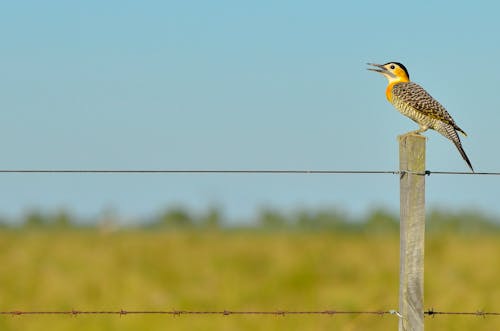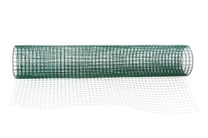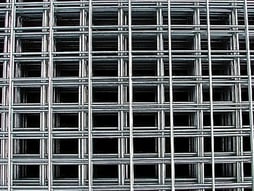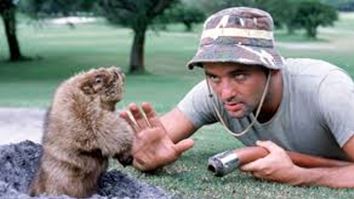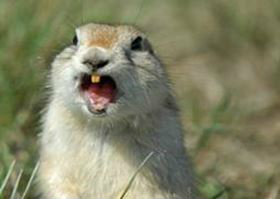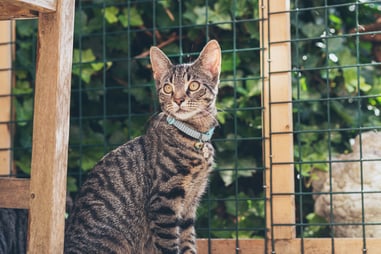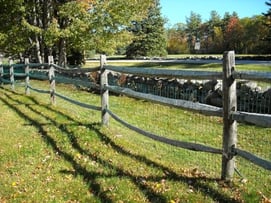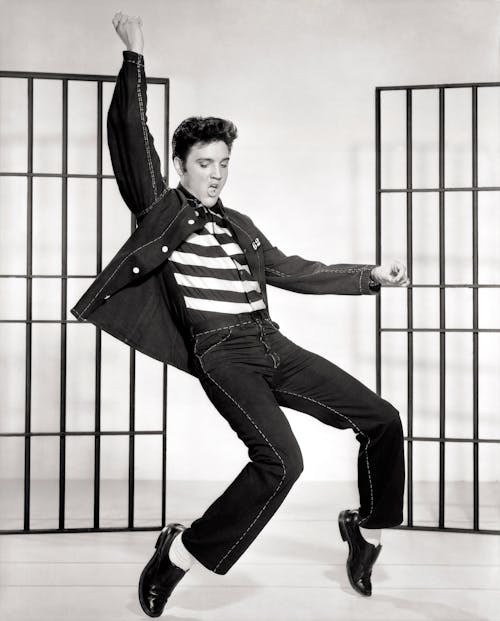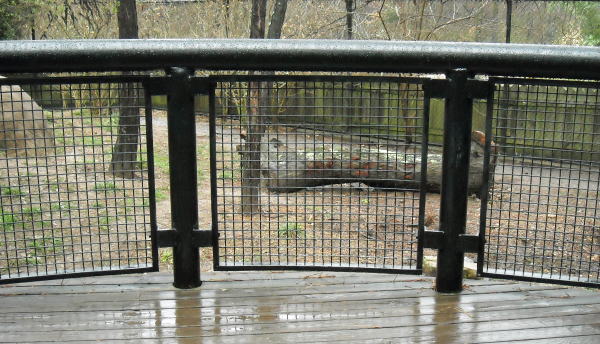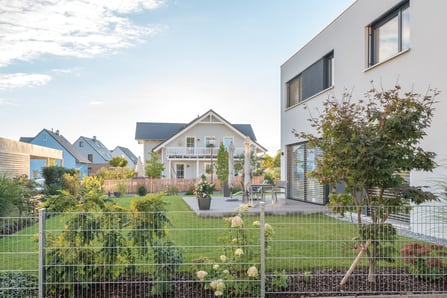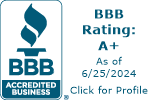When thinking about installing fencing, you should first consider the environment in which it will be placed.
- Is it near the coast?
- Is it exposed to extreme changes in temperature?
- Will it be located in a wet or humid environment?
- Will it be in close proximity to corrosive chemicals, etc.?
Identifying these factors will help you determine the best type of fence product and coating for your needs.
GBW - Galvanized Before Weld
Let’s start with the basic low-cost GBW welded wire fence. This product is available in a wide variety of styles and sizes for lots of different applications. This is what most “Big Box” stores sell.
- The good news? It is inexpensive.
- The bad news? It has a shorter life because it is more susceptible to rust and corrosion.
- The reason? The wire is welded before it is galvanized. The welding process can “burn-off” the zinc on the weld points. This makes the wire more vulnerable to rust and corrosion.
The initial strength and gauge of the GBW wire are the same as GAW and VC. But the finish is not nearly as durable resulting in a shorter usable lifespan.
If price rather than quality is the most important factor, then GBW might be a good choice for you.
GAW - Galvanized After Weld
GAW welded wire is dipped in molten zinc after being welded or woven. The wire is fully encased in zinc for greater protection and longer life. This is especially important if the fence is to be installed in coastal areas, and if rust and corrosion are primary concerns.
- The good news? Extended lifetime
- The bad news? It is slightly more expensive than generic GBW meshes.
- The reason? After the wire mesh is welded or woven, the finished product is drawn through a bath of molten zinc. The wires are thoroughly galvanized. And most importantly the welded joints are completely covered and protected from the elements. Moisture, which tends to collect in these areas, is prevented from contacting the underlying wire.
If quality and long life are the most important factors in how you will make your decision, GAW is a great choice. The thick galvanization present on the wires adds years of life to the fence. GAW fencing materials will long outlast commonly available GBW products. You have to look harder to find GAW wire fencing materials, but your search will be rewarded with years of service. Avoid the needless expense and hassle of frequent replacement. Buy a product that will last!
VC - Vinyl Coated
VC welded wire has been coated with a layer of PVC after the mesh is welded up. The vinyl covers the mesh and provides strong protection against the element.
- The good news? Extended lifetime and attractive appearance
- The "bad" news? It can be more expensive than GBW and GAW products.
- The reason? The addition of the PVC coating adds an impervious barrier, protecting the wire from Mother Nature's harshest elements. The protected wire will not rust as quickly.
If you want a product that is not only attractive but is also able to withstand environmental stressors, VC welded wire mesh is the perfect one to use. Black mesh becomes virtually invisible.
Note: It is very important to know what to look for when considering VC wire fencing materials. The best possible protection and longest life expectancy
SS - Stainless Steel
SS welded wire fences provide the greatest level of protection and long life in any environment. The product is more expensive up front but can save lots of money and time in the long run because the fence will not need to be repaired or replaced. Stainless Steel wire needs no additional coating because it will last for years and years in practically any environment.
- The good news? Very long life with little maintenance required
- The "bad" news? Yep, It's pricier.
- The reason? Stainless Steel is a more expensive material. But in certain applications, its longevity will ultimately prove less expensive.
Did you know there are a great many varieties of wire mesh fencing materials available to you?
Do you have some new ideas or questions about what you would like to use on your next project?


